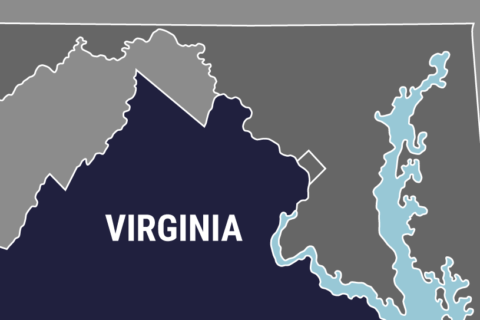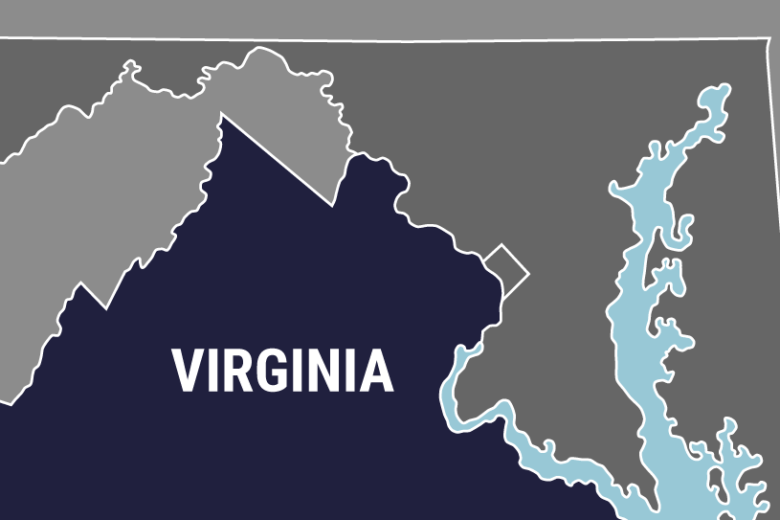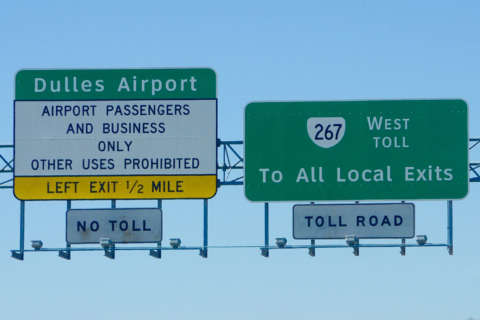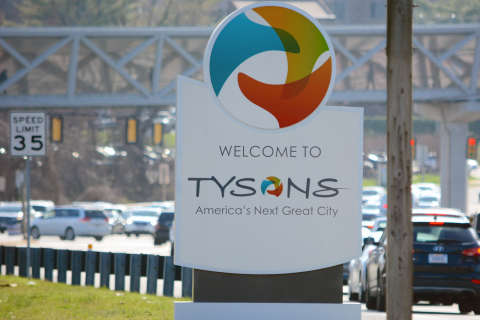
WASHINGTON — Loudoun County supervisors oppose the Dulles Greenway’s plans to implement limited distance-based pricing in exchange for decades of guaranteed general toll rate increases.
The Board of Supervisors voted late Wednesday night to oppose a draft bill expected to be considered during the General Assembly session that starts next week that would extend guaranteed annual toll rate increases that started in 2013 and had been due to expire in 2020.
If the current guaranteed increases were to expire, the Greenway’s private owners would be required to apply to the State Corporation Commission for any toll increase, but the owners told supervisors in a contentious meeting that they would ask for significantly higher increases than the 2.8 percent a year or so promised in the proposed bill that was drafted with the Greenway’s support.
The bill would allow those increases only if the Greenway implements a promised distance-based tolling plan at off-hours that would make certain short trips in the middle of the road cost less than certain longer trips at times outside of rush hour.
The Greenway had announced the draft proposal along with elected officials who represent Loudoun County in the General Assembly, but had not negotiated the details with supervisors.
The Board of Supervisors, which has no official say in the matter, voted unanimously to instead push for distance-based and time-based tolling that more significantly benefits drivers at both peak and off-peak times.
The entire board also indicated it opposed the current draft of the bill they saw Wednesday that would guarantee toll increases through 2056, and voted 8-1 to oppose a 10-year extension of the guaranteed toll increases.
Chairman Phyllis Randall was the lone no vote. She had concerns that opposing this Greenway plan now could prevent an agreement in the future or allow for even higher rates of toll increases, even if the benefits of the off-peak distance pricing would only fall to a relatively small group of people.
“It’s better than what we have right now,” Randall said.
The Greenway would not raise the tolls already discounted in the Leesburg area.
“We all know you’re going to have a toll increase no matter what anyway, but with this deal it won’t be any higher than it otherwise would have been,” Randall said.
Vice Chairman Ralph Buona called comments from Greenway staff and a lobbyist promising bigger hikes in the future if this bill is not passed “not-so-veiled threats.”
“It’s time that we have fruitful discussions instead of being held hostage to a long-term deal,” Buona said.
With guaranteed increases, tolls could be around $25 by the 2050s.
“So I don’t see any kind of real benefit for our constituents,” Buona said.
Still, he joined some other supervisors with concerns that the State Corporation Commission could approve larger rate increases if no new rules are set.
The Greenway estimates upgrading its tolling system to accommodate distance-based tolls would cost around $30 million.
About half of all Greenway traffic uses the entire length of the road. Sixty percent of transactions are at off-peak times, which account for about 40 percent of the Greenway’s toll revenue.
The current plan — to start by charging $1 per mile in 2021 for most distance-based tolls, without using the change to specifically increase the cost of any trips — is projected to be revenue-neutral, the Greenway said, because it would draw some additional users.
If it is not, and revenue is at least 5 percent below projections, the draft bill would allow the Greenway to petition the State Corporation Commission for additional toll increases. If revenue increases more than 5 percent, tolls could be reduced.
Supervisor Matt Letourneau hopes the bill and related drafts expected to be introduced in the General Assembly fail this year, so that any discussions could be held next year when lawmakers have more leverage.
“Under this framework though, the county would lose its ability to challenge toll increases,” Letourneau said.
If the current guaranteed toll increases expire next year, the Greenway would be required to prove that any toll increases are reasonable to users relative to the benefit, do not materially discourage use of the road, and provide no more than a reasonable return for the road’s owners.
Loudoun County attempted to challenge the tolls through a process that ended in 2016 with the conclusion that the General Assembly’s guaranteed rate increases overrode any of those restrictions.
It is one reason the Greenway is hoping to extend those guarantees, even as it attempts to turn the page on what its leaders say has been a “poisonous relationship” with the county.
A long-term bill would prevent future fights over rate increases.
Letourneau complained that supervisors were not directly consulted on the final format of the new proposed “deal” with the county’s state lawmakers until after it was essentially finished.
“We’re acting as if this is some sort of equal partnership between the General Assembly and TRIP II and the Greenway, and it’s not. The General Assembly can pass whatever bill they want,” Letourneau added.
The Greenway’s owners have refinanced and transferred control of the road several times, and say they currently have about $1 billion in debt.
The road does bring in more money than it costs to operate, but the company said it has not made a profit because a significant part of that money is held to pay back investors in the future.
Greenway leaders told supervisors they do not want to implement distance-based tolling at rush hour because they believe it would draw so many more drivers it would lead to extra backups at either end of the road.








